Balances
Balances are laboratory equipment that require periodic maintenance to keep them in the best operating conditions. All this in order to guarantee the conservation of its characteristics. Balance calibration is widely recommended because it offers numerous benefits. The main one is that reliable measurements can be obtained, exact weighing processes that guarantee the reliability of the operations or final products.
Similarly, calibration saves waste costs, product withdrawals or processing because it helps identify in a timely manner those equipment that no longer work properly and facilitates decision-making regarding the resolutions to apply in such cases. Another advantage of doing balance calibrations is the detection of aging equipment.
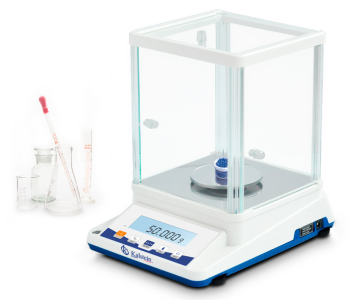
Types of Balances that a Laboratory may need

Analytical Balances
An analytical balance is a measuring instrument used to determine the mass of an object, it provides a high degree of precision in the order of 0.001 grams. Created in 1750 by the Scottish chemist Joseph Black, it is currently considered an important scientific instrument for delivering data with great accuracy. For its operation, it must be positioned under a specific environment and have controlled environmental conditions.
Analytical balances deliver very accurate measurements, since they employ an electronic system capable of measuring minute differences in mass. They are manufactured inside a transparent box provided with doors to isolate it from certain factors that may affect its operation. Therefore, due to the need for extreme precision of the measurements made, they must have specific rooms for their handling, with controlled environmental conditions.
Multifunction Weighing Scale
Electronic balances are highly valuable measurement equipment for chemical, analytical and formulation operations in industries and quality laboratories. They are used, like scales in general, to measure the mass of a body or substance, only since it is a precision scale, the measurement is exact. To weigh correctly on a laboratory balance, it is necessary to take into account the possible sources of error and act to avoid or minimize them.
Despite the perfection achieved in the manufacture of balances, the disturbing effects of the environment and poor practice can result in weighing errors. When you use these amazing tools, you have to be very careful because even if it is very easy to use devices, if you don't follow the steps in the right way, you increase the risk of making mistakes.
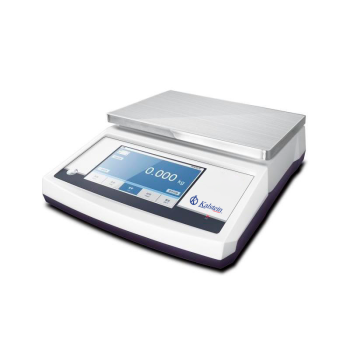
At Kalstein you can find the ideal Balances for your Laboratory
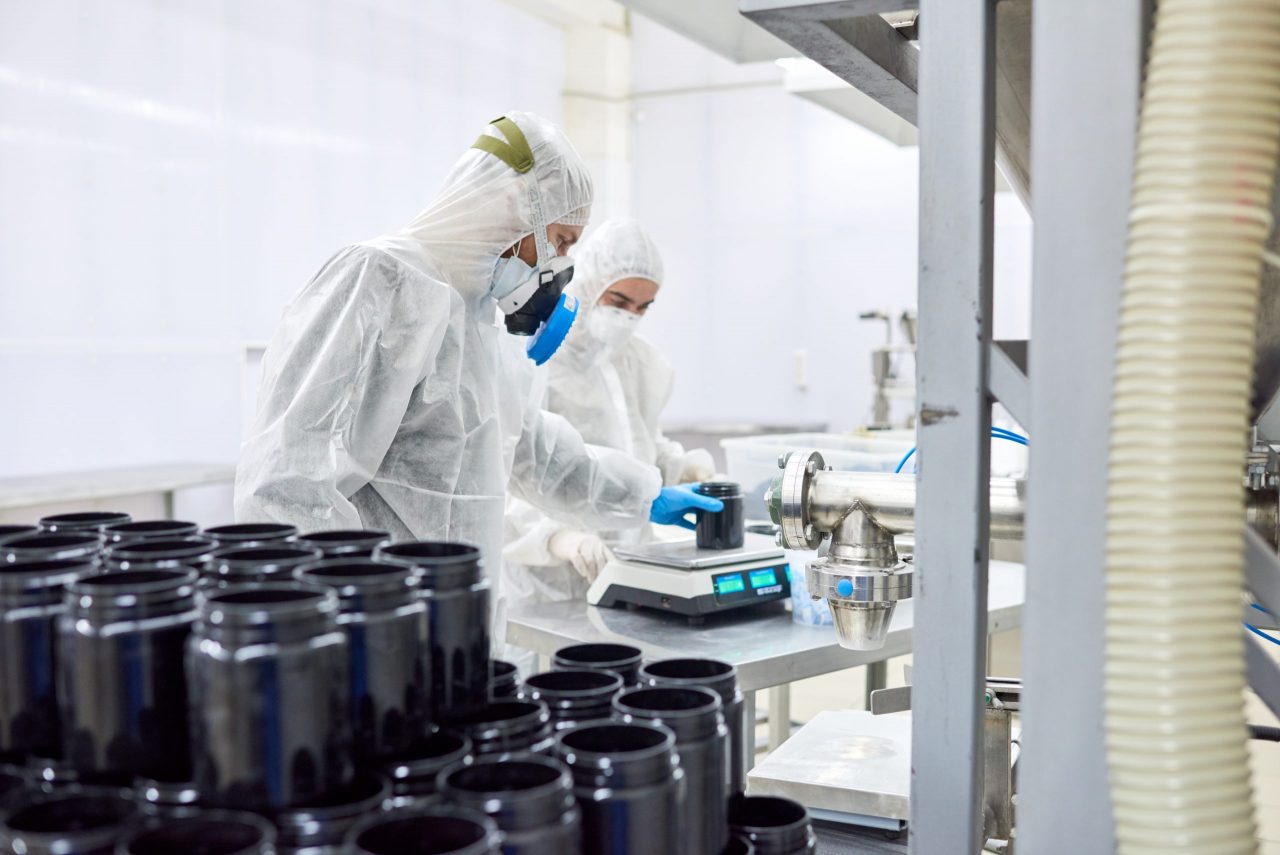
Types of balances in the laboratory
The most common types of laboratory balances and scales are ultra-micro balances, micro-balances...

Care and correct use of kalstein scales
Scales are instruments used to measure the mass of a body or substance or also their weight in the laboratory...

Facilitating the Use of Laboratory Balances
The laboratory balance is an essential instrumental tool in many scientific and experimental processes...
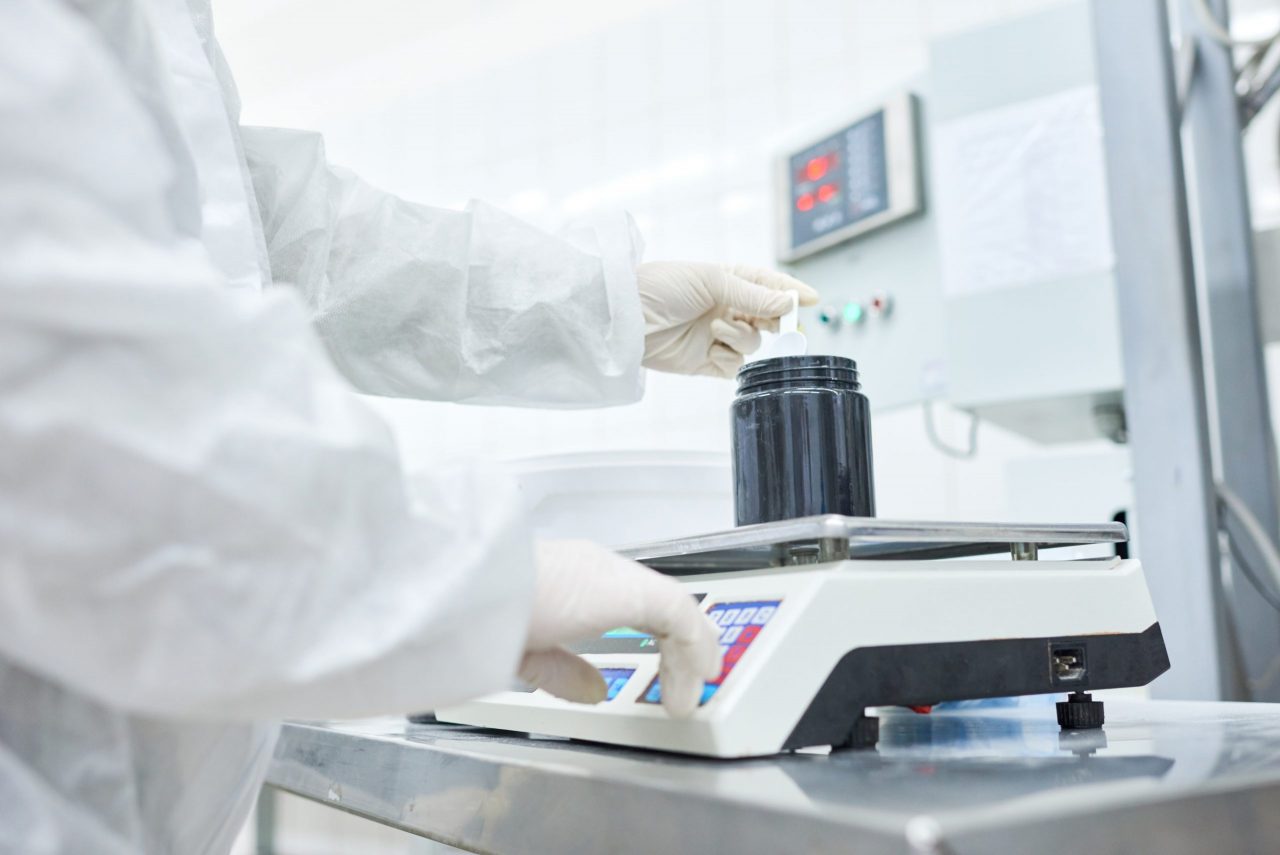
Differences between analytical and electronic balances
Balances are instruments whose purpose is to measure masses of bodies in greater or lesser quantity...
Our best selling Balance
The model of this analytical balance has an electromagnetic sensor. In addition, it also has an LCD backlight display that makes viewing values much easier and clearer. In addition, it is operator friendly with direct weighing and directly reads the weighing results. This model is very smart, so it is the right suit for you. One of its most important characteristics is that it increases and returns to zero within the entire range
Another important feature that you should know about this analytical balance is that it has a multiple choice mode that includes counting, weight percentage, and density weight. Also, it comes with RS-232C interface, which is easy to connect with printer, computer and other output device. The frame size of this model is 325mm x 205mm x 305mm and its weight is 8kg. There are two versions of this analytical equilibrium model.
| Model | YR05578 | YR05579 |
| Capacity (g) | 200 g | 220 g |
| Resolution (g) | 0.0001 g | |
| Min weighing (g) | 0.0004 g | |
| Stable Time | ≤ 3 s | |
| Display | LCD(white back light with black font) | |
| Pan size | Ø80mm (Standard), Ø 90mm (Optional) | |
| Operation temp | 5-35°( | |
| Repeat ability | ±0.0002 g | |
| Liner | ±0.0003 g | |
| Dimension | 300 x 200 x 295mm | |
| Draft shield size | 180 x 175 x 200mm | |
| LCD Size | 96 x 24mm | |
| Cal. Weight | External (Internai) Calibration | |
| Interface | RS232C (Standard) / RS485 / USB/Printer (Optional) | |
| Packing size | 425 x 320 x 415mm | |
| G. weight | 6.0kg | |
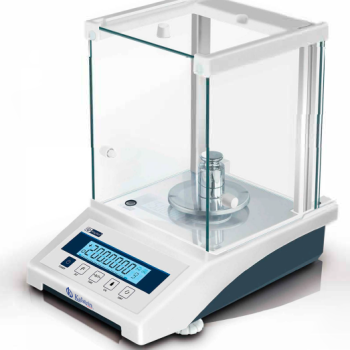
Analysis of the best Balances for your Laboratory
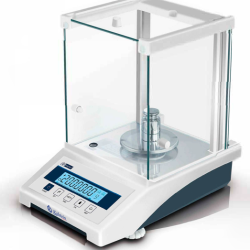
Internal Calibration Analytical Balance YR05578 // YR05579
Internai auto calibration(FA-EN) Electromagnetic force sensor LCD(White back light with black font)..
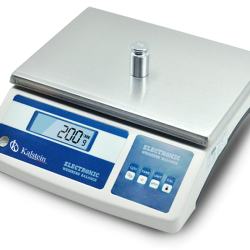
Industrial Scale YR05606 // YR05614
Large range and high precision.Fashional appearance.Large size stainless steel pan.LCD(White back light with...
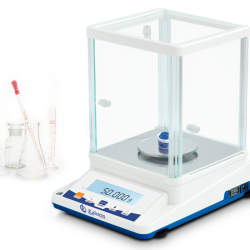
Analytical Balance YR05584 // YR05587
LCD/AC and DC power supply. Tare function/Counting/Unit conversion(g/ct/oz). Min weighing set Overload alarm/Level...
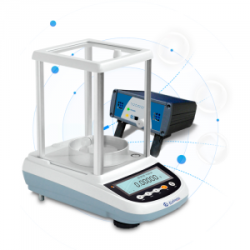
Analytical Balance YR05562
Recipe database: 99 datas can be stored Automatic internal calibration Tare/counting/percentage test/animal...
Catalog of Balance models on offer
-
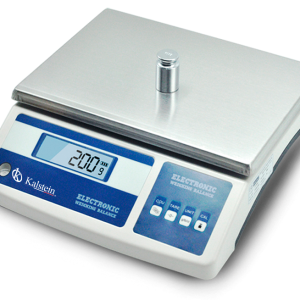
Industrial Scale YR05606 // YR05614
Select options -
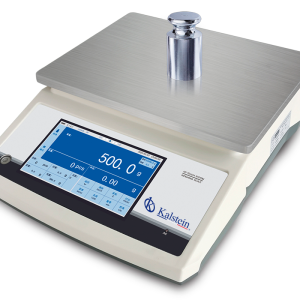
Multifunction Weighing Scale YR05615 // YR05619
Select options -
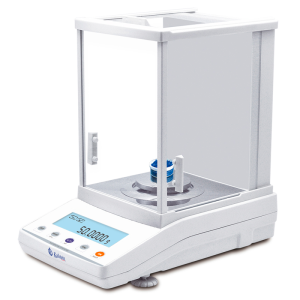
Internal Calibration Analytical Balance YR05580 // YR05583
Select options -
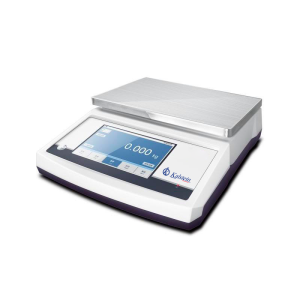
Multifunction Weighing Scale YR05620 // YR05622
Select options -
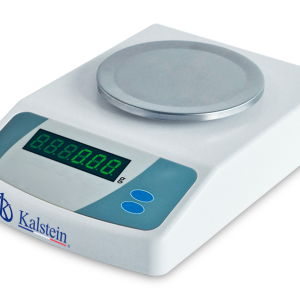
Precision Balance YR05588 // YR05593
Select options -
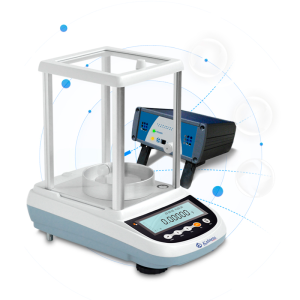
Semi-micro Analytical Balance YR05562 // YR05567
Select options -
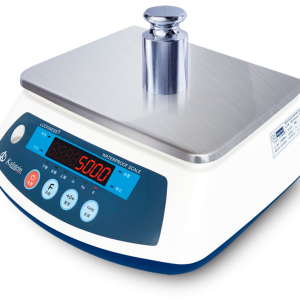
Waterproof Scale YR05623 // YR05628
Select options -
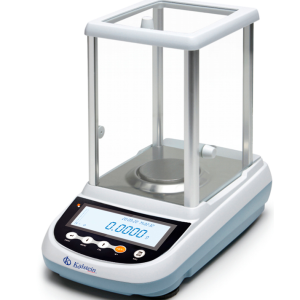
Internal Calibration Analytical Balance YR05568 // YR05572
Select options
Guides for you to become an expert in Balances
How to use an Analytical Balance correctly?
The scale is a piece of equipment that measures the mass of a specific body, providing exact data on its weight...
Common mistakes when using an electronic scale
Electronic balances are highly valuable measurement equipment for chemical, analytical and formulation operations in...
Do you know how an Analytical Balance works?
The balance is a laboratory instrument that measures the mass of a body or chemical substance, using as a means...
The Analytical Balance for Food Determination
For the determination of food, equipment is required to measure the exact amounts of matrix mass, and the analytical balance allows comparing the samples of the products and their reagents in order to obtain accurate results of a correct chemical analysis.


Frequently asked questions from our customers about Balances
How to know the prices of the Balances?
To know the price of the Balances, we invite you to send us an email with your request through the contact form.
What are the delivery times of the Balances?
The delivery time of your Kalstein product will depend on the following:
If the equipment of your interest is in stock or if, on the contrary, it must be manufactured.
The type of freight you have chosen, this may be; air or sea.
- Equipment in stock:
– Delivery Time (Air): 15-30 days.
– Delivery Time (Sea): 45-60 days.
- Equipment that is not in stock:
– Delivery Time (Air): 30-60 days.
– Delivery Time (Sea): 60-90 days.
How to make a purchase of the Balances?
You can make your purchase through:
By email: [email protected]
By phone:+33 (0) 1 78 95 87 02
Electronic commerce: Through the official Kalstein website in your country.
How does the guarantee work?
All Kalstein equipment has a 1 year warranty against manufacturing defects. The warranty does not cover damage caused by poor installation or operation by the user, transport defects or use other than those specified by the manufacturer. The warranty excludes electrical or consumable parts. For more information visit our “terms and conditions” by clicking HERE
At Kalstein we provide our clients with inductions and technical support through new online methods. You can visit our videos of inductions, technical assistance and guidance provided by a Kalstein team through our YouTube channel. HERE
Can I request a quote online?
Of course, you can request a quote for the Kalstein equipment of your interest, directly from our official website. Once you have identified the model of your choice, click HERE
